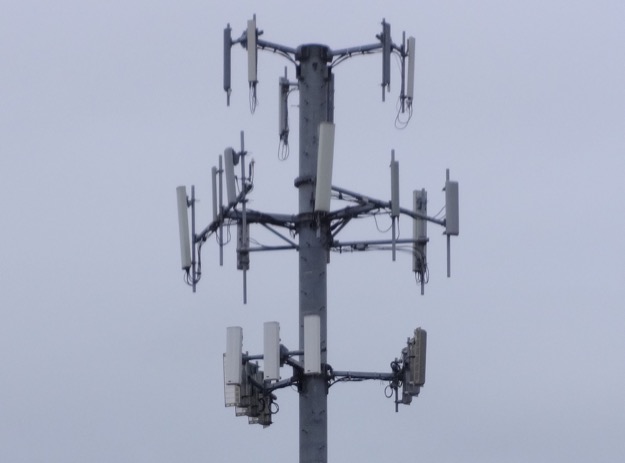Low income home broadband subsidies proposed by CPUC, but cable and telco cooperation needed
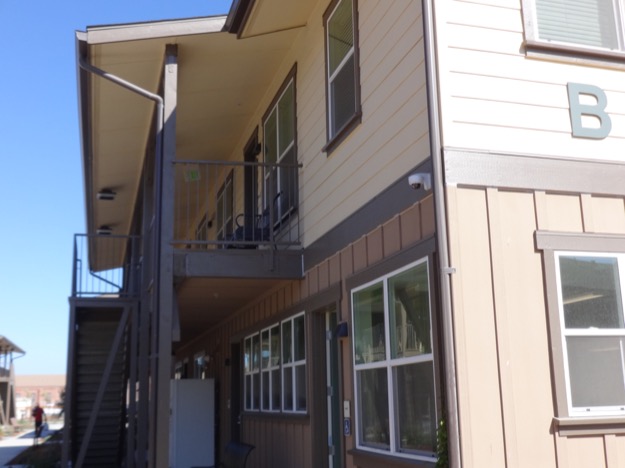
Wireline broadband service for low income Californians will be subsidised by the state’s telephone “lifeline” program, if a draft decision released last week is approved by the California Public Utilities Commission. The plan depends on California’s ability to “exercise its bulk purchasing power to secure volume discounts for participants”, rather than on pure regulatory muscle.
Qualifying households would pay a discounted rate for broadband and phone service. Current voice-only wireline lifeline service typically runs between $7 and $11 per month.… More


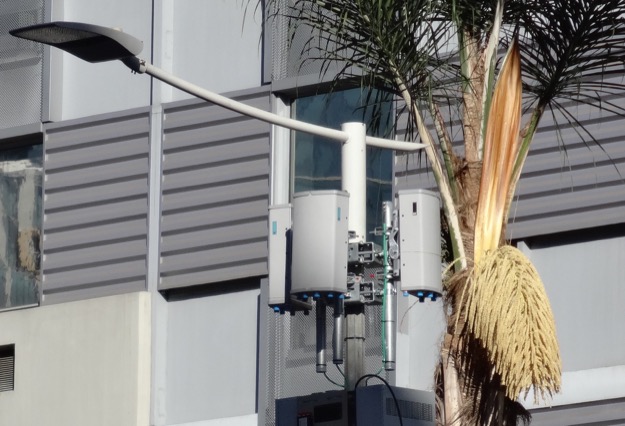
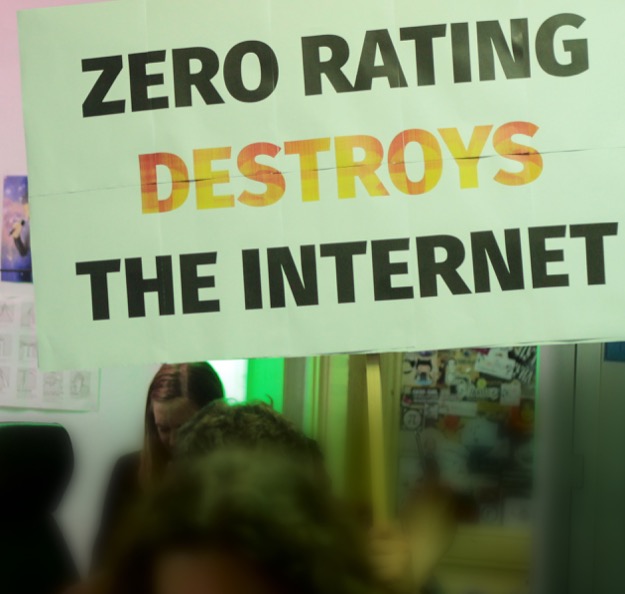
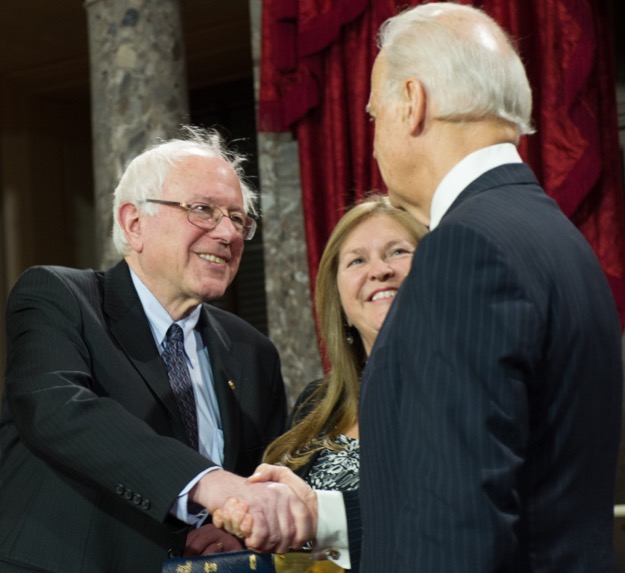
![Judgefloro [CC0] Spam](https://www.tellusventure.com/images/2019/spam.jpg)
![By Grand Parc - Bordeaux, France from France This image was downloaded from Flickr by Medium69. Cette image a été téléchargée depuis Flickr par Medium69. (Pinnochio) [CC BY 2.0 (https://creativecommons.org/licenses/by/2.0)], via Wikimedia Commons](https://www.tellusventure.com/images/2015/3/pinocchio.jpg)

